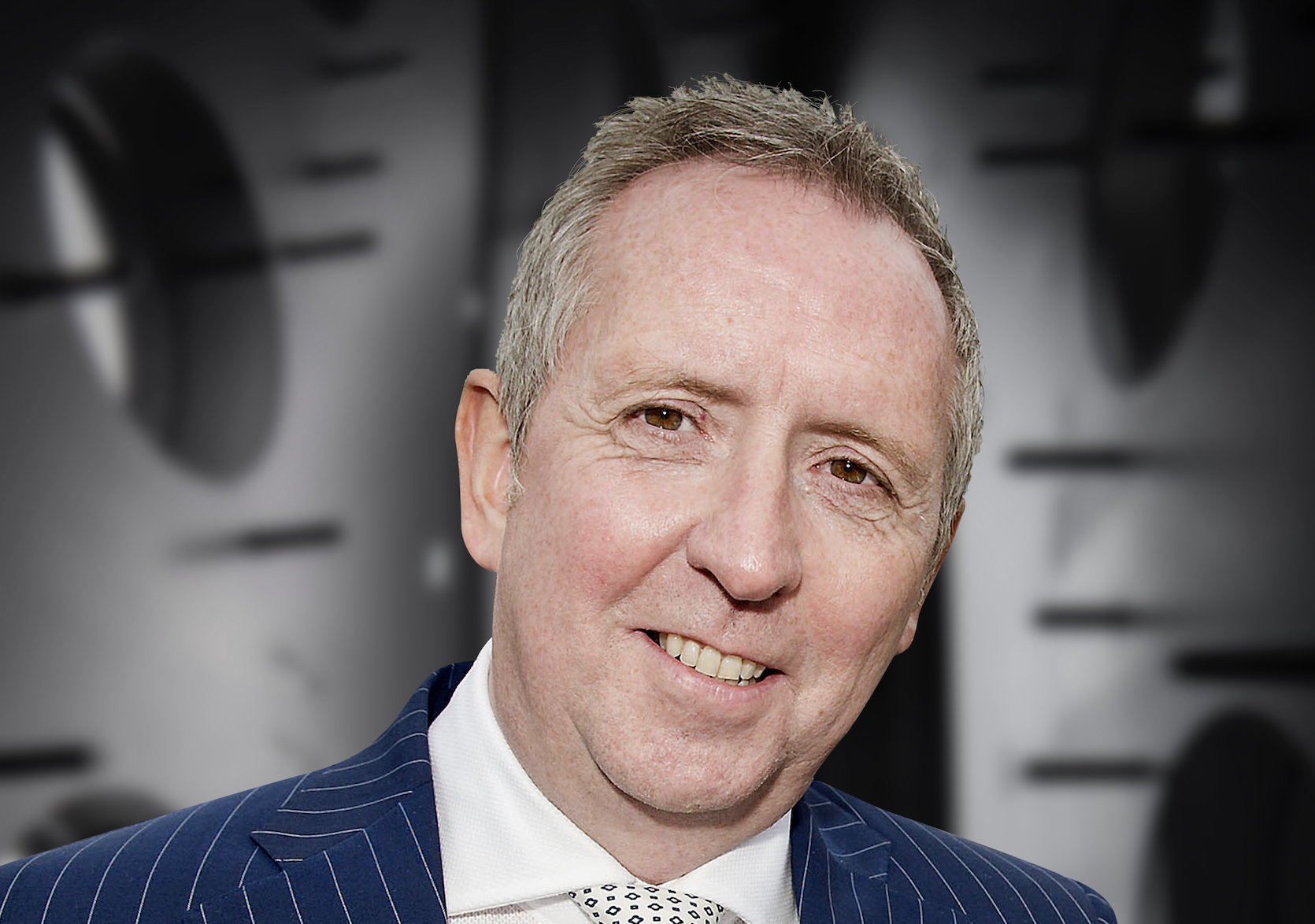The Sixth Sense cohort recently enjoyed a fireside chat with Martin McCourt, the former Dyson CEO with over 40 years’ experience working at the heart of British manufacturing. He spoke to the start-ups about creating a culture that celebrates ideas, the power of doing things differently and how to deliver big ideas in a pitch.
Here are just a few of the takeaways from the talk:
Embracing ideas
Martin spoke about the fact that Dyson created an environment where there was no such thing as a bad idea: “We all know that there is such a thing, but those are the ones you don’t commercialise. The point was that ideas were celebrated and encouraged. This is important when you’re starting out on your business journey, because it’s not just about your original concept – that’s just the beginning. Ideas need to flow like a torrent through the business – they’re the lifeblood of technology and innovation businesses.”
Disruption
The conversation moved towards the concept of disruption, and Martin called disruption a kind of mindset: “It’s actually setting out to create turbulence and disruption in the marketplace – because that’s when market share changes hands. Generally we only get rich in business when we steal share from someone else. If your competitors are criticising you, you know you’re hurting them – don’t see it as a bad thing necessarily.”
He added a little warning to the start-ups before moving on: “It’s quite good for you guys to remember that you are disruptors right now, but you could easily become the disrupted before too long.”
Innovation mindset
Martin’s overarching message was a reasertation of the Peter Dricker adage, ‘culture eats strategy for breakfast.’ “For maintaining a culture of innovation, number one for me was having the right people around you. For me that meant they were young, incredibly bright, fresh graduates. Second thing is, imagine what traditional corporates do and don’t do that. What I mean is the way they restrict creativity and idea processes by having too many meetings, too many rules, too many regulations, too many minutes, too many action points. Thinking is stifled. Get young people in and liberate them.”
Differentiating products
Differentiating products starts with quality, argues Martin – but then it comes down to creative presentation: “Dyson’s vision was to be known all around the world for making products that were different and better than other people’s. If you have something like this, don’t camouflage the brilliance of your idea in a big PowerPoint presentation. I often look at pitch decks and I say to the founders, ‘I think your idea is brilliant but I’m not sure you do! It’s not hitting me between the eyes, you’ve befuddled it.’
Martin described building powerful pitch decks as a creative process. “I would always encourage teams to sit down and think about what it is that is really magic about the product and then give it the 123 test – if you can only say one, two or three things about your product, what are they going to be? They must be the most important ones. If you’re making a deck – keep it light, keep it tight, keep it colourful – and celebrate the idea.”
Get the tone right
If you’re trying to raise money, striking the right tone is key, argues Martin: “Agreeing what your tone is, is quite important, because you want to be confident rather than boastful. There’s a difference. So you don’t want to be too exaggerated. You don’t want to be too superlative about the way you’re describing your idea. But you don’t want to be terribly understated either. It’s getting that pitch right – the confidence has to come right off the page so that as the reader is thinking ‘this sounds really good.’”
Talking about customer problems
Martin observed that Dyson was brilliant at focusing consumers on issues and problems with products that they had never really thought about before. “Before Dyson solved the poor suction problem that vacuum cleaners with bags had, people using vacuums just accepted ‘that’s how it is’. They have performed the same trick with hand driers, cooling fans, hairdryers.”
“If your product or service has a clear differentiation from others, if it solves problems inherent in others – then as well as talking about your product, also place focus on the problems that others have and that you have solved. In other words, educate people…..don’t just set out to sell your product!”
Backing the right ideas
In a company full of ideas, especially if you don’t have huge cash reserves, you’ve got to stay very focused and ruthlessly prioritise. “One of the reasons why James Dyson, a prolific inventor, hired people like me was so that we could apply some process and systematic thinking. So we would allow an idea to develop but once it got down to serious prototyping, development, engineers – at that point, we would be doing forecasts and models just like any other company. We would be thinking about the cash flow, what kind of return we would see – then make a decision.”

